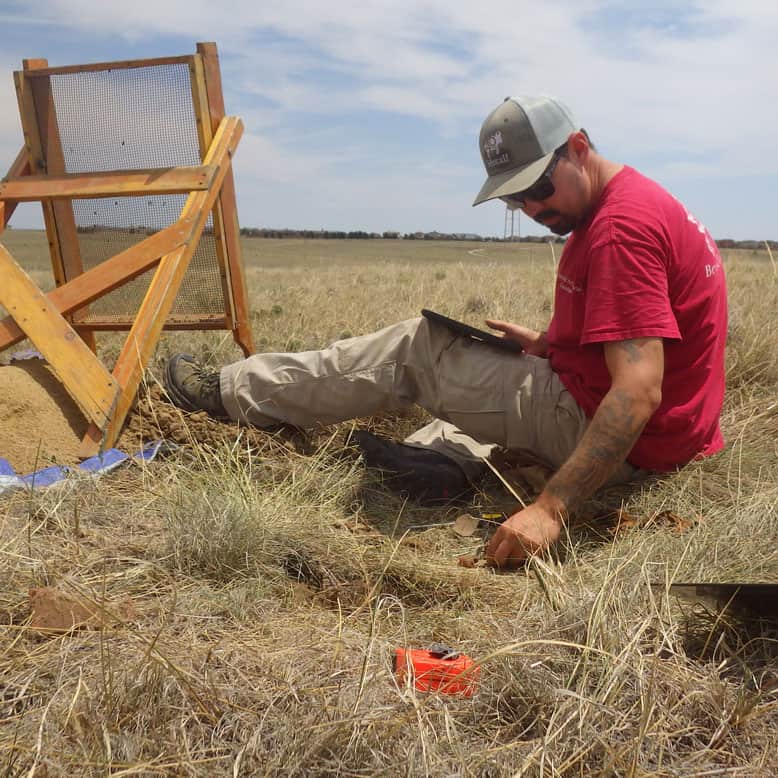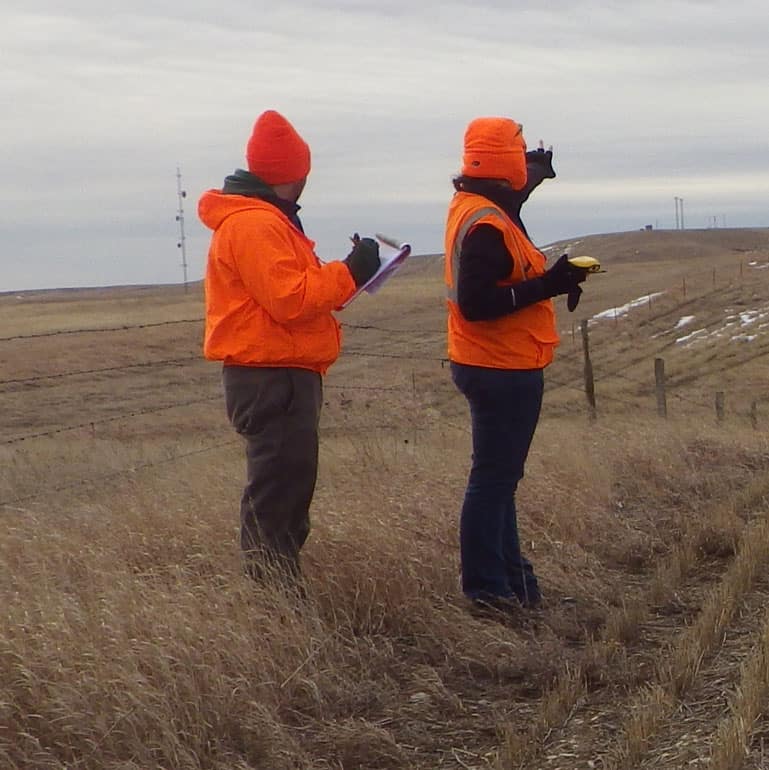On August 26, Kimball Banks, our Director of Strategic Development and Government Relations joined a panel of cultural resource management professionals for a webinar hosted by the Society for American Archaeology (SAA) to discuss tips for starting a career in CRM. The webinar came about because of the possible uncertainty in the job market in the future. It is vital current professionals foster these discussions with the next generation to keep CRM moving forward. Some of the key takeaways included:
Network, network, network
- Like all professions, CRM is not just about what you know, but who you know. 2020 has meant rethinking how we network but there are still plenty of opportunities to attend virtual conferences and webinars, seek out mentors, and interact with organizations you might be interested in working with in the future.
Skills to sharpen
- Probably the most important skill you can develop is technical writing. This ranges from cover letters and resumes to technical reports and proposals. You will find that developing your skill in technical writing is a life-long process.
- You should also consider a basic business class and project management skills. “Management” is, after all, a big part of successful CRM work and being able to manage project timelines and budgets will help give you an edge when it comes to applying for jobs.
- Develop a specialty: GIS, geoarchaeology, geoprospecting, aerial photography, or 3D imagery are all high-demand specialties in the CRM industry. Specializing in an additional skill set can make you a more competitive applicant to potential employers.

Professional Qualifications
- According to the Secretary of the Interior’s Professional Qualifications Standard and those of most states to be a Principal Investigator requires a master’s degree or higher and several years of field experience. Some colleges and universities also offer specialized certifications or master’s degrees specifically in cultural resource management.
- You can learn more about common requirements using the O*NET (Occupational Network), the U.S. Department of Labor’s description for archaeological work.
Learn the law
- CRM is guided by and responsive to various federal, state, and tribal laws. Clients will expect your expertise on those laws so knowing them is crucial. The most fundamental pieces of legislature that require compliance are the National Historic Preservation Act and the National Environmental Policy Act. Familiarity with the Advisory Council on Historic Preservation’s specific regulations for implementing Section 106 of the NHPA will be very important when working with clients.

Know your client
- It is also important to understand the language of your clients and the challenges they experience in their industries. Understand what they do and where cultural resource management fits into their project and program needs. Industries that often work with CRM firms to comply with regulations include telecommunications, oil and gas, renewable energy, public lands, utilities, transportation and museums.
Where to find a job
- Several websites offer job posting for CRM work including USAJobs, SHPO offices, universities, The American Cultural Resource Association (ACRA), Society for American Archaeology (SAA), Society for Historical Archaeology (SHA).
The future of cultural resource management
- The industry continues to work to become more inclusive for women and minorities. Archaeology helps us understand the past and that understanding is shaped by the archaeologists themselves. By creating more opportunities for diverse perspectives in the field we can enrich the interpretations we are able to share with the public.
- Cultural resource management is guided by congressional policies and the current administration. Each administration has the potential to tighten or repeal the laws that protect cultural and environmental resources.
- Technical specialization continues to become more and more important as the technology available to archaeologists for locating, evaluating, and mitigating impacts to archaeological sites becomes more advanced. As mentioned above, certifications in GIS, geoarchaeology, geoprospecting, aerial photography and 3D imaging are becoming critical to cultural resource management.
- Cultural resource management goes beyond the field. Sharing what we discover with the public is critical to understanding the value of the resources. New opportunities for creating heritage experiences for the public are also developing in the cultural resource management industry.
Check with the SAA website for future webinars.
